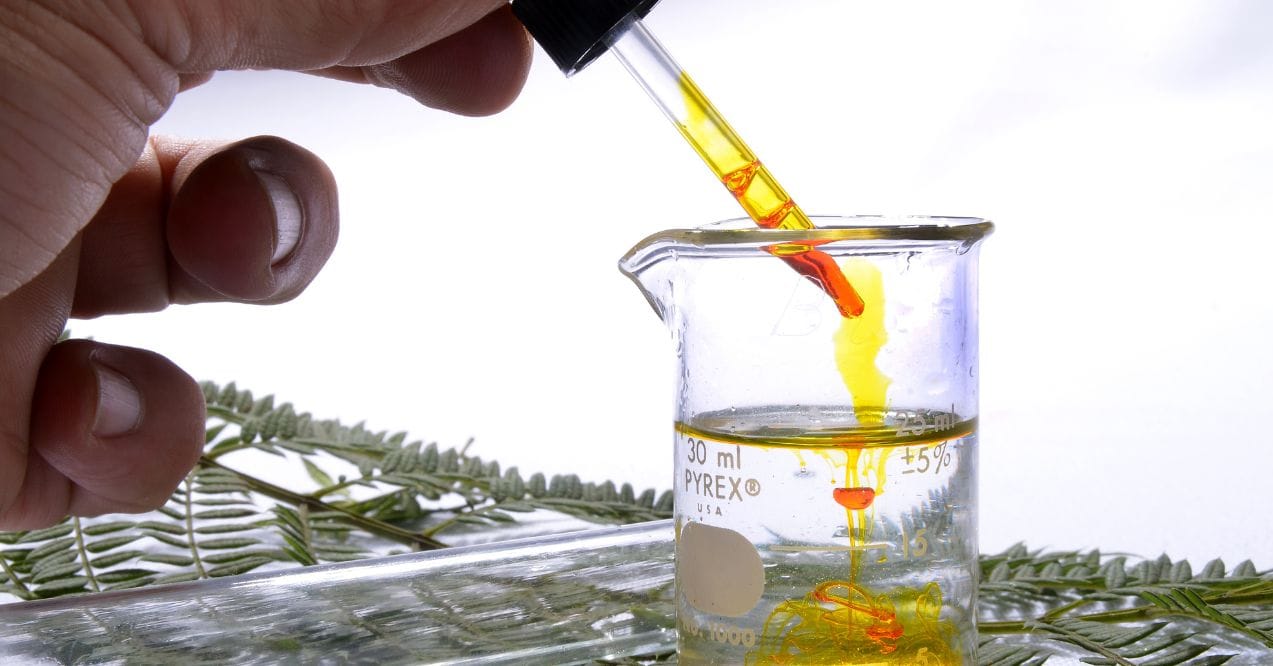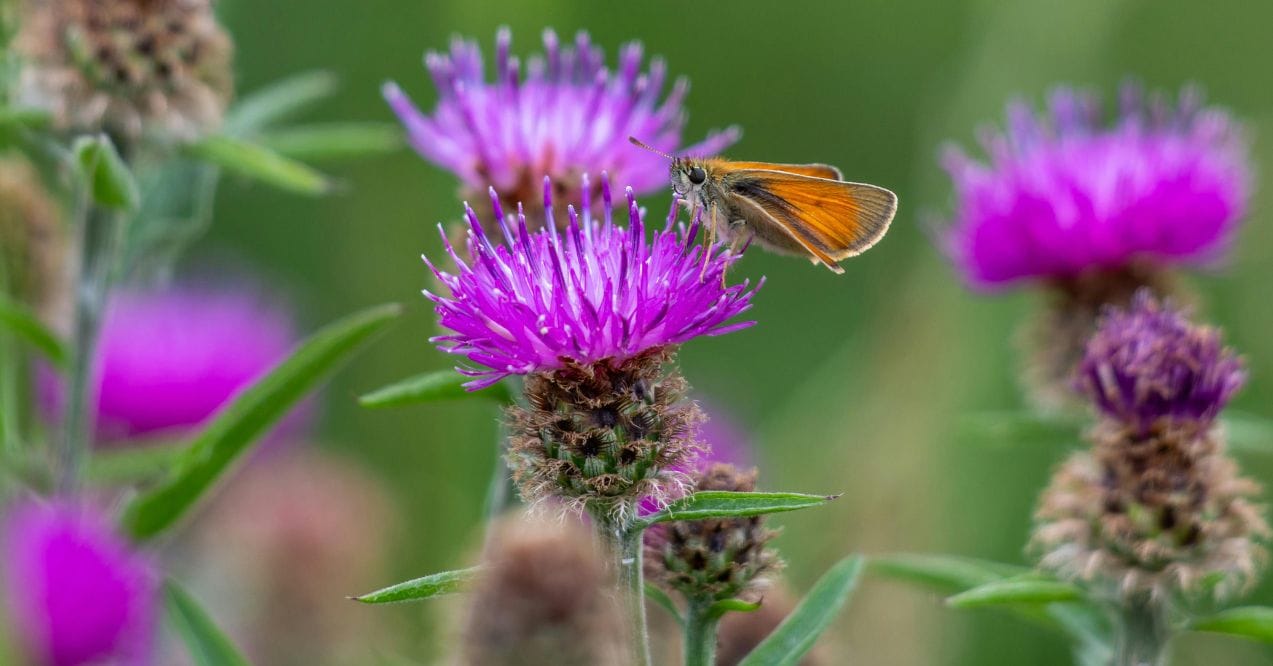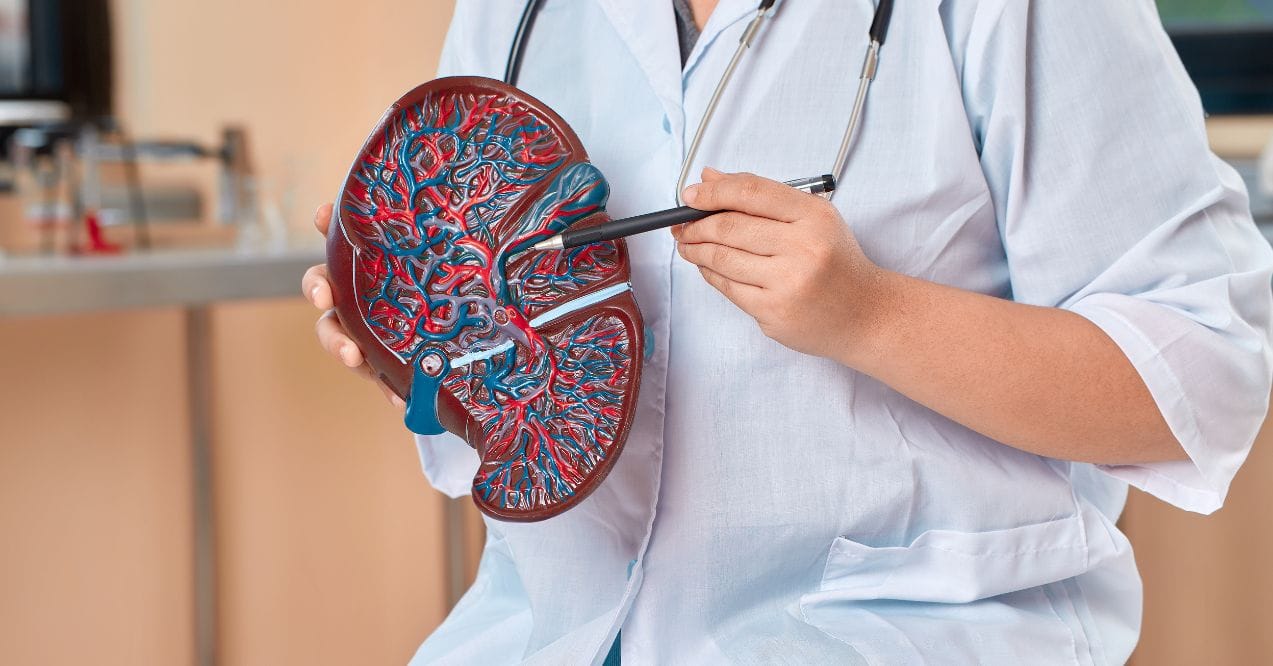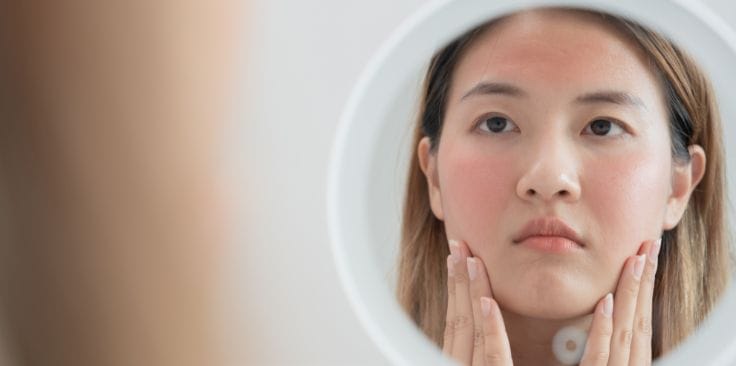Flavonoids May Reverse Fatty Liver Damage, New Study Reveals!
Medically reviewed by our experts
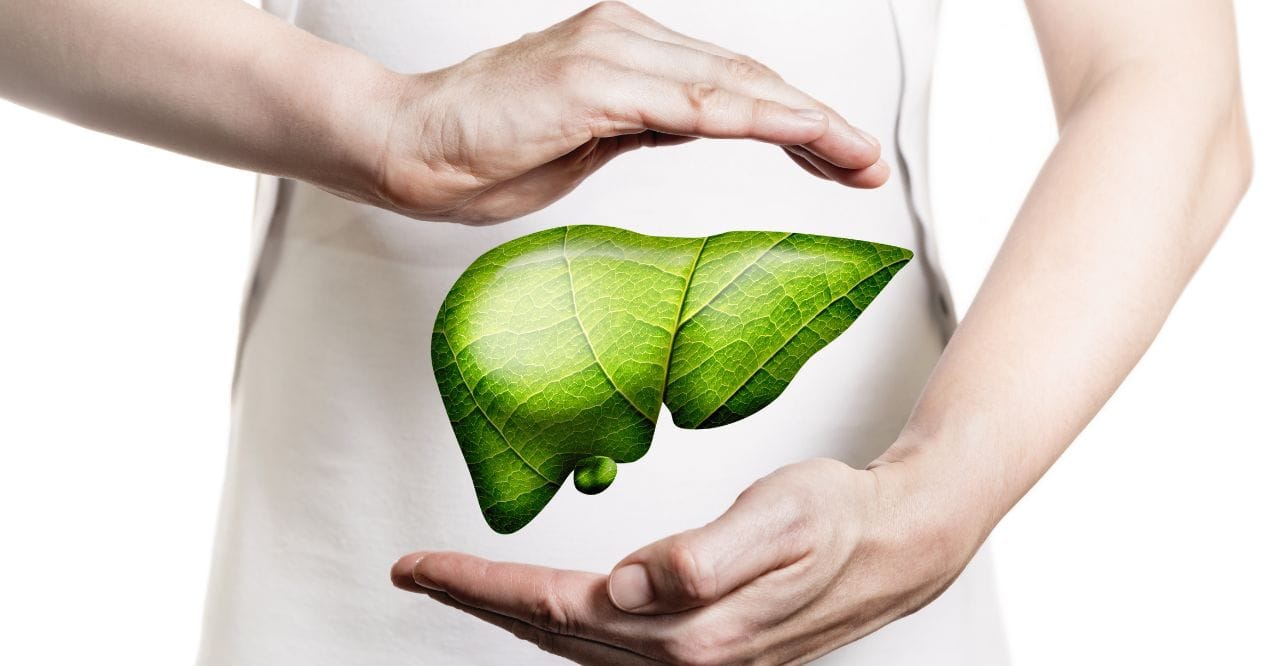

Approximately one in three adults worldwide experiences excess fat accumulation in the liver – often unrelated to alcohol consumption. Current management approaches focus primarily on diet modification and exercise, leaving many people with few alternatives as they navigate persistent metabolic challenges and progressive liver changes.
However, recent research suggests that flavonoids – found in everyday foods like berries, citrus fruits, onions, and green tea – may offer a promising path for managing liver fat levels and supporting healthy liver function.
What Are Flavonoids?
Flavonoids are a diverse group of naturally occurring plant compounds responsible for the vibrant colors in fruits, vegetables, teas, and herbs. Beyond their role in pigmentation, flavonoids are known to support antioxidant activity, stabilize cellular responses, and assist in managing lipid turnover.
You’ll find them in:
- Quercetin (found in apples and onions)
- Epigallocatechin gallate (EGCG) (from green tea)
- Naringenin (from grapefruit)
- Isoflavones (from soy)
- Silymarin (from milk thistle)
Behind The Research
A comprehensive review from the Medical University of Warsaw examined 20 clinical studies published between 2020 and 2025. These studies explored the effects of flavonoid-rich foods and supplements on liver enzyme levels, metabolic health markers, and lipid regulation.
Across multiple trials, flavonoid intake was consistently linked to:
- Healthier fat metabolism
- Improved enzyme markers
- Better antioxidant support
- Enhanced metabolic balance
Reduce Liver Fat
One of the clearest benefits was a reduction in liver fat. In a clinical trial involving 36 patients, 500 mg of quercetin daily over 12 weeks significantly reduced liver fat content, with women seeing twice the improvement of men.
Other compounds, such as EGCG from green tea and a blend of flavonoids from citrus fruits and artichoke extract, also led to measurable improvements in liver fat levels. In some studies, improvements were seen even in individuals over the age of 50 – a group especially vulnerable to NAFLD progression.
Improvements in Liver Function
NAFLD is often accompanied by elevated liver enzymes like ALT and AST, which signal liver cell stress or damage. Flavonoids were shown to reduce these markers significantly. Silymarin, in particular, was consistently linked to lower enzyme levels and better liver health in multiple trials.
In a meta-analysis of over 2,300 patients, those who took silymarin saw meaningful drops in both ALT and AST, suggesting improved liver function.
Support Metabolism and Weight Control
Flavonoids also helped participants regulate cholesterol, triglycerides, and insulin resistance – three key contributors to fatty liver development. Naringenin, for example, improved HDL (“good”) cholesterol levels while reducing LDL (“bad”) cholesterol and triglycerides. Other compounds, like isoflavones from soy and hesperidin from citrus fruits, were linked to improved metabolic health and energy regulation.
One study even showed that a combination of flaxseed and hesperidin reduced fasting glucose and insulin levels over 12 weeks – markers strongly tied to metabolic health and NAFLD progression.
What This Means for You
While flavonoids are not a replacement for foundational lifestyle practices like mindful eating and physical activity, they offer valuable support for those looking to promote liver function naturally. To increase your flavonoid intake through everyday habits, consider:
- Drinking green tea regularly
- Adding berries, citrus fruits, apples, and onions to your meals
- Using herbs like parsley, oregano, and thyme in cooking
- Choosing soy-based foods like tofu or tempeh for added isoflavones
For those seeking a more convenient way to nourish their liver, a high-quality supplement can make daily support easier and more consistent.
Liver Renew delivers nine evidence-backed botanicals that work in harmony to promote balanced liver activity and everyday vitality. Each capsule provides Milk Thistle to help maintain healthy enzyme function, antioxidant-rich beet root to support natural detox pathways, and nutrient-dense artichokes to encourage optimal bile flow.
Together with other six plant extracts, this gentle formula fuels cellular protection, supports fat metabolism, and helps the liver manage modern dietary demands.
Natural, But Not Without Caution
While the results are promising, researchers caution that most of the studies reviewed were relatively short-term (4–12 weeks) and varied in dosage, flavonoid type, and participant profile. There’s also limited data on how these natural therapies affect fibrosis – the scarring of liver tissue that marks the most dangerous phase of liver disease.
However, the findings provide strong early evidence that flavonoids could serve as a natural, low-risk way to support liver function – particularly when incorporated as part of a broader lifestyle approach that includes balanced nutrition and consistent physical activity.
Yes, flavonoids may benefit liver health through their antioxidant and anti-inflammatory properties. They can help protect liver cells from oxidative damage and may support overall liver function, though more research is needed.
People taking blood thinners, those with hormone-sensitive conditions, pregnant or breastfeeding women, and individuals with allergies to specific plants should consult healthcare providers before taking flavonoid supplements to avoid potential interactions.
Quercetin, EGCG from green tea, anthocyanins from berries, and catechins are among the most potent flavonoids. Their “strength” varies by antioxidant activity, bioavailability, and specific health benefits studied.
Yes, coffee is rich in flavonoids, particularly chlorogenic acids. It’s actually one of the largest sources of flavonoids in many people’s diets, providing significant antioxidant compounds despite roasting reducing some levels.
Kozłowska, A. (2025). Clinical Insights into Non-Alcoholic Fatty Liver Disease and the Therapeutic Potential of Flavonoids: An Update. Nutrients, 17(6), 956.
Popular Articles
Advertisement. This site offers health, wellness, fitness and nutritional information and is designed for educational purposes only. You should not rely on this information as a substitute for, nor does it replace, professional medical advice, diagnosis, or treatment. If you have any concerns or questions about your health, you should always consult with a physician or other health-care professional. Do not disregard, avoid or delay obtaining medical or health related advice from your health-care professional because of something you may have read on this site. The use of any information provided on this site is solely at your own risk.





